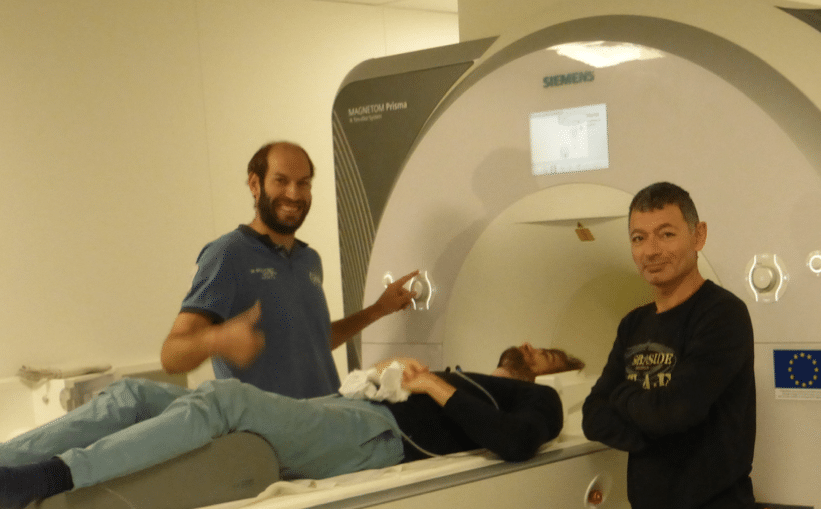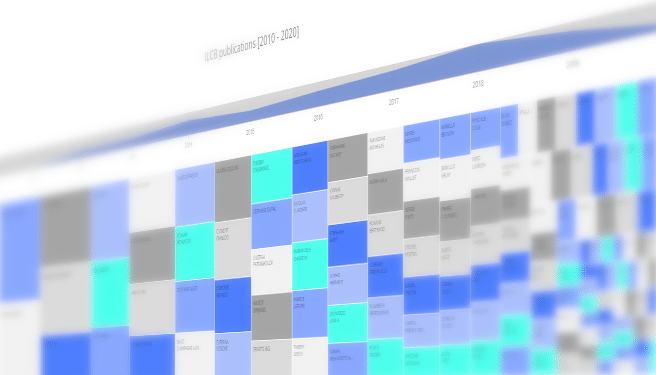
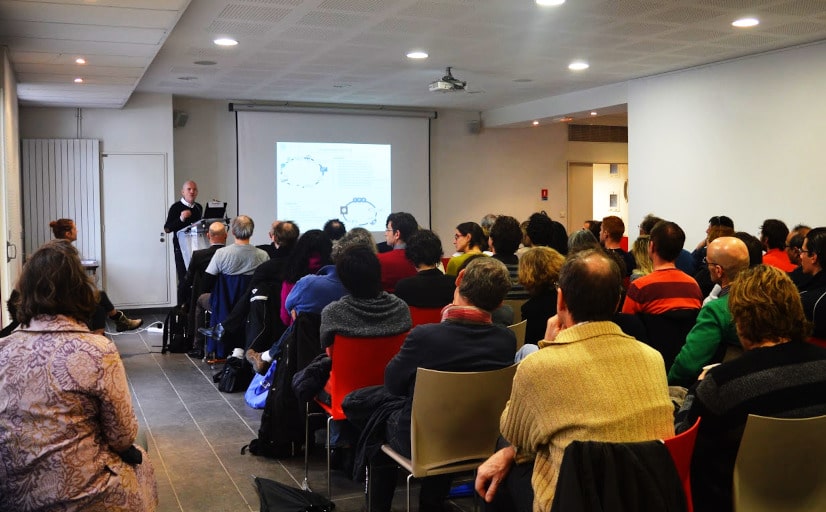
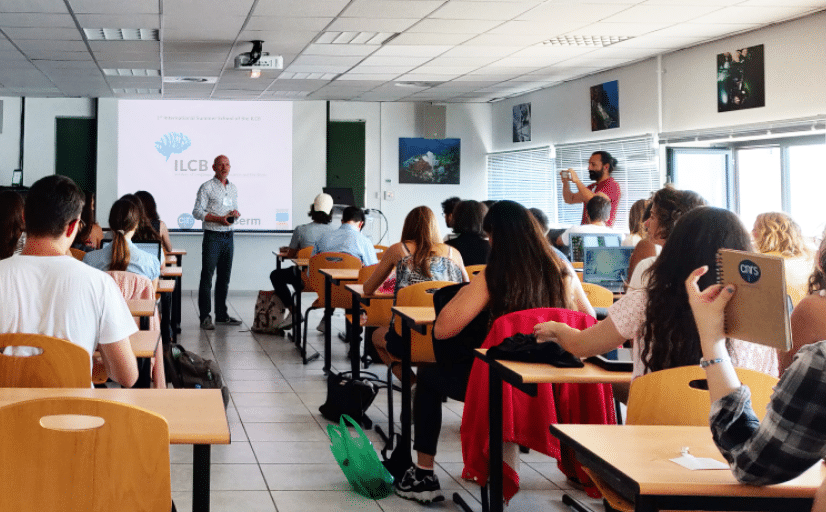
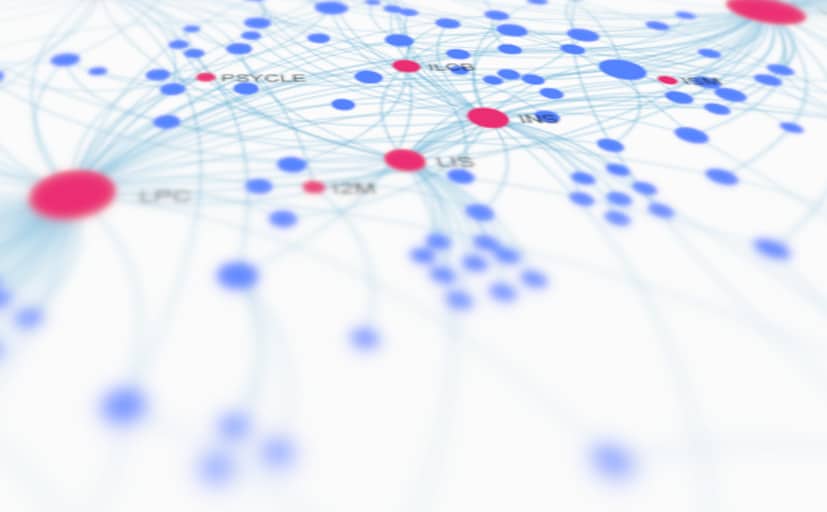
FEATURED PUBLICATIONS
Speaking to a common tune: Betweenspeaker convergence in voice fundamental frequency in a joint speech production task Vincent Aubanel, Noël Nguyen
2020 PLOS/ONE
read more >>
Learning to Read and Dyslexia: From Theory to Intervention Through Personalized Computational Models Johannes C. Ziegler, Conrad Perry, Marco Zorzi
2020 Current Directions in Psychological Science
read more >>
Error-based learning and lexical competition in word production: Evidence from multilingual naming Elin Runnqvist, Kristof Strijkers, Albert Costa
2019 PLOS/ONE
read more >>
Constraints on the lexicons of human languages have cognitive roots present in baboons (Papio papio) Emmanuel Chemla, Isabelle Dautriche, Brian Buccola, and Joël Fagot.
2019 PNAS
read more >>
High-fidelity copying is not necessarily the key to cumulative cultural evolution: a study in monkeys and children Carmen Saldana, Joël Fagot, Simon Kirby, Kenny Smith, Nicolas Claidière
2019 Proceedings of the royal society B
read more >>
Bringing together experts in linguistics, neuroscience, psychology, medicine and computer science to understand and to model the way that language functions.
The objective is to create a generic model of the processing of language and its cerebral bases.
SUMMER SCHOOL
The 3d Edition of the ILCB Summer School offers Introductory, Intermerdiate and Advanced Classes in four core fields of Cognitive Science, reflecting the expertise of the Institute.
read more >>
PhD PROGRAM
An interdisciplinary focus on language research, with interdisciplinary theory and practice trainings at basic and advanced level courses in all relevant disciplines.
read more >>
MASTER
The MaSCo, a new MA in Cognitive Science, provides an advanced scientific curriculum on human cognition, as well as a technological and methodological expertise in evaluation, analysis and modeling of cognitive processes.
read more >>
TRAINING
Advanced trainings are offered to the ILCB members
read more >>
Recent
news and events
Upcoming Events Loop
It seems we can’t find what you’re looking for. Perhaps searching can help.
Post Loop
Ensemble Learning for the Detection of Pli-de-Passages in the Superior Temporal Sulcus
Tianqi Song, Clémentine Bodin, and Olivier Coulon. 2023. NeuroImage 265: 119776. — @HAL The surface of the cerebral cortex is very convoluted, with a large number of folds, the cortical sulci. These folds are extremely variable from one individual to another, and this large variability is a problem for many applications in neuroscience and brain […]
Ouvertures et salutations entre babouins : Organisation de la séquence et orientation incarnée vers l’autre
Lorenza Mondada and Adrien Meguerditchian. 2022. Langage et Société N° 176 (2): 127–60. — @HAL Dans cet article, nous nous intéressons à une forme fondamentale de l’organisation de l’interaction sociale, l’organisation de la séquentialité et de la séquence, avec un intérêt particulier pour des actions que l’on peut analyser comme répondant à des actions précédentes, […]
Multimodal Intervention in 8- to 13-Year-Old French Dyslexic Readers: Study Protocol for a Randomized Multicenter Controlled Crossover Trial
Karine Louna Harrar-Eskinazi, Bruno De Cara, Gilles Leloup, Julie Nothelier, Hervé Caci, Johannes C. Ziegler, and Sylvane Faure. 2022. BMC Pediatrics 22 (1): 741 — @HAL Background: Developmental dyslexia, a specific and long-lasting learning disorder that prevents children from becoming efficient and fluent readers, has a severe impact on academic learning and behavior and may […]
Cerebral Activity in Female Baboons (Papio Anubis) During the Perception of Conspecific and Heterospecific Agonistic Vocalizations: A Functional Near Infrared Spectroscopy Study
Coralie Debracque, Thibaud Gruber, Romain Lacoste, Adrien Meguerditchian, and Didier Grandjean. 2022. Affective Science 3 (4): 783–91. — @HAL The “voice areas” in the superior temporal cortex have been identified in both humans and non-human primates as selective to conspecific vocalizations only (i.e expressed by members of our own species), suggesting its old evolutionary roots […]
A multimodal approach for modeling engagement in conversation
The engagement of participants varies a lot during a conversation, with direct consequences on the quality and the success of the interaction. How is this engagement implemented? We propose a new model of engagement based on a multimodal description encompassing as many cues as possible from prosody, gestures, facial expressions, lexicon, and syntax. We used […]
Conference on Multilingualism COM 2024
Cheryl Frenck-Mestre (LPL) & Xavier Alario (LPC)
Promotion de la promotion MaSCo 2022-2024
Eulalie Pequay (MaSCo)
Une semaine autour des mathématiques et l’informatique
Carlos Ramisch & Magalie Ochs (LIS)
EEG et MEG pour l’étude du traitement pré-attentif et attentif des sons linguistiques et non-linguistiques
Talya Inbar, Mireille Besson (LNC), & Valérie Chanoine (ILCB)
Une nouvelle chaîne de traitement pour la dynamique de la connectivité cérébrale en MEG.
Christian Bénar (INS)

